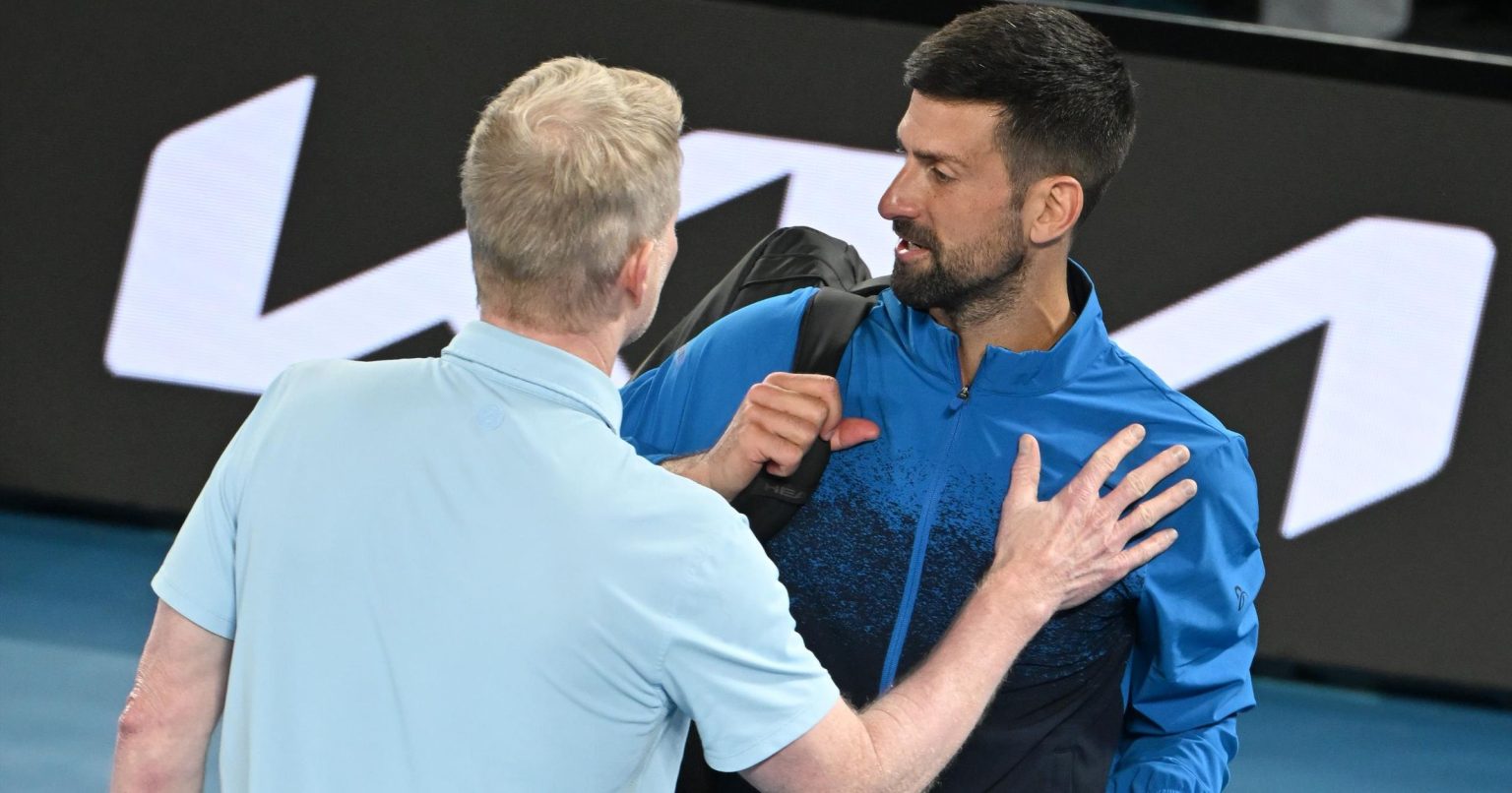The recent Australian Open saw a brief but notable clash between Novak Djokovic and broadcaster Channel Nine, stemming from comments made by a Channel Nine presenter that Djokovic deemed offensive to both himself and Serbian fans. The incident unfolded following Djokovic’s round of 16 victory against Jiri Lehecka, during which Djokovic interacted with a sometimes boisterous crowd. He subsequently declined the customary on-court interview with former tennis professional Jim Courier, leaving many to speculate about the reasons behind his refusal. Djokovic later clarified his stance, explaining that his actions were a direct response to the presenter’s remarks, which he characterized as mocking and insulting. He publicly requested an apology from the broadcaster.
The situation, as explained by Courier on Eurosport, involved a misunderstanding on Djokovic’s part. Believing Courier to be representing Channel Nine during the on-court interview, Djokovic declined to participate. Courier, however, clarified that he was acting on behalf of the tournament, not the broadcaster. Once the misunderstanding was cleared up, and following Djokovic’s public expression of his discontent, the presenter in question issued a public apology, which Djokovic accepted. This acceptance effectively closed the chapter on the incident, allowing Djokovic to refocus on the tournament.
The incident briefly threatened to overshadow Djokovic’s upcoming quarter-final match against Carlos Alcaraz, a highly anticipated encounter marking their first meeting in a Grand Slam on hard court. However, with the apology offered and accepted, the focus quickly shifted back to the tennis. Both Courier and fellow tennis analyst Tim Henman expressed confidence that the matter would not negatively impact Djokovic’s performance. In fact, Henman suggested that such adversity might even galvanize Djokovic, given his history of using perceived slights as motivation.
This episode highlights the sensitivity surrounding fan behavior and media commentary in professional sports. Djokovic, known for his strong connection with his fans, clearly felt the comments crossed a line and required a public acknowledgment of their inappropriateness. His decision to forgo the interview served as a powerful statement, drawing attention to the issue and ultimately leading to the desired apology. The incident underscored the influence athletes wield and their ability to hold media accountable for their pronouncements.
The swift resolution of the conflict demonstrates the importance of clear communication and a willingness to address grievances. The public apology by the presenter and Djokovic’s acceptance of it allowed both parties to move forward, preventing the issue from escalating and overshadowing the tournament itself. This outcome underlines the value of acknowledging mistakes and seeking reconciliation, particularly in a high-profile setting like a Grand Slam event.
The incident ultimately served as a brief interlude to the main narrative of the Australian Open: the on-court competition. With the matter resolved, the focus rightly returned to the tennis, and the upcoming clash between Djokovic and Alcaraz. The episode served as a reminder of the various factors, beyond the game itself, that can influence the atmosphere and narrative of a major sporting event. However, the efficient handling of the situation ensured that the focus remained primarily on the sport and the athletes competing for the championship.

